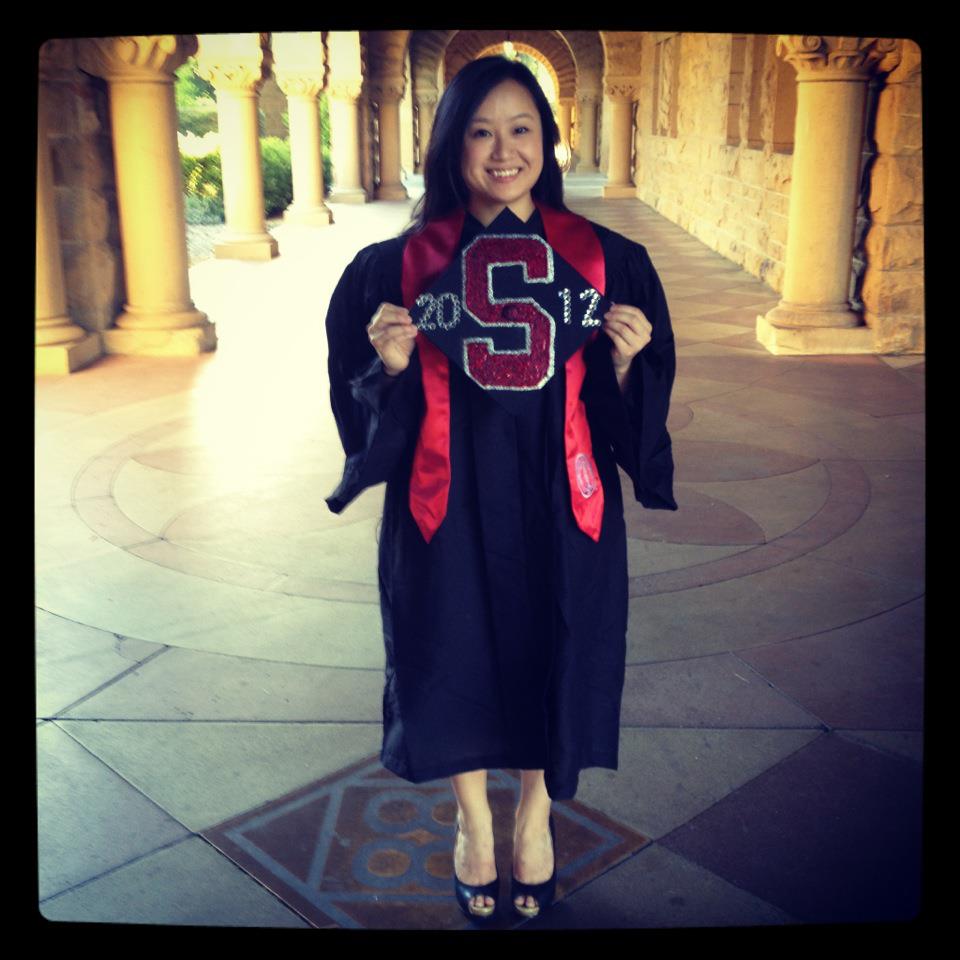On my third night in Chengdu, my hosts decided that it was time for my inaugural hot pot experience. I call it an "experience" because it is not just a meal that one simply eats; no, in Sichuan, home of the aptly named numbing peppers, one suffers through it. If you're vaguely thinking that you've had hot pot before, think again - it's definitely something that would stick in your memory like a physical injury.
The spread.
We sat around a square table, one person per side, with a recessed gas burner in the center. After a quick exchange with the server, it was decided that we would have a combination of plain and spicy broth with an assortment of raw veggies, meats and dumplings to cook in it. And beer. Throughout the entire meal the three of us of legal drinking age would collectively consume five or so large bottles.
The broth arrives in a large cauldron, which is set on the burner to boil. Once bubbles are visible, it's time to dump in the raw ingredients. I should note that this is not a relaxed cook-your-own meal like Japanese shabu shabu; it is a workout. The spicy broth is essentially the seventh circle of hell in liquid form. At first bite it burns the mouth, numbing it over time, while clearing the sinuses and, hours later, the bowels. In the colder northern reaches of China, where this dish is more common and my hosts had lived and worked previously, hot pot is the reason why "diarrhea" is one of the first Chinese words they teach foreigners. Whether this is due to the bacteria from using the same chopsticks for raw and cooked foods or the sheer spice is unclear.
The cooking. And, no, the toddler did not eat from the red broth.
The beer was intended to counteract the burning spiciness, but I found that the slight carbonation of the drink exacerbated it - that is until the numbness set in. My strategy throughout dinner was to nibble something spicy (a mushroom, a piece of lamb), guzzle down some beer, and then let my palette recover with veggies cooked in the plain broth. I'd say the consumption ratio was something like 1:4:8.
Perhaps by now I've made the ritual seem torturous, but in reality it's one of those situations where you want to keep eating because it's so delicious despite the pain it inflicts. Or maybe I'm just a masochist. We bought some ice cream bars on the way home to relieve our sore mouths.
Several days later I took a cooking class that included a trip to the local market with the instructor. After an awkward exchange that's become all too common in the last two months ("Where are you from?" "America." "You don't look American." "My family is Japanese."* - 10 minutes later in the market - "...you can probably find these in Japan!" "...cool.") Mounds of spices, more kinds of tofu than I ever knew existed, and succulent produce better than anything you'd see at Whole Foods at a quarter of the price - I was snapping pictures left and right. The locals probably thought I was crazy.
Spices n things at the market.
The meat section was a little questionable, due to the lack of refrigeration and blatant disregard for hygiene. Butchers and customers alike turned the hunks of meat dangling from metal hooks this way and that, and I cringed when I saw the employees casually chop the meat, bag it, accept money and give change without any hand-washing or wearing of gloves. The actual products weren't that shocking - I'd seen hooves, innards and skinned rabbits before, but the black chickens and pig faces were new to me.
I found these a little disturbing.
I felt a little bad for the fresh fish, flopping around in plastic kiddie pools with barely enough water to breathe, but all thoughts of the market were banished from my mind by the time we sat down to eat several hours later, and I was more preoccupied with the sheer amount of oil I was about to consume. The way Chinese chefs use oil in cooking is all too similar to the liberal use of alcohol employed by the French in cooking and baking. Those peanuts in kung pao chicken? Fried in the wok before being added to the rest of the mix. As a pastry cook, though, I'm all too aware that there is rarely much overlap between the things that taste good and the things that are good for you, but life is too short not to indulge once in a while.
Kung pao chicken, beer duck, cucumber salad and spicy eggplant.
*Since arriving in China I've taken to telling people that I'm Japanese because otherwise I get a lot of grief for not being able to speak Chinese. Asian-Americans are like unicorns to Asians - they've possibly heard of us, but they don't understand us. Whereas Japanese people were too polite to question me, Chinese people have no qualms about openly displaying scorn and derision.




























